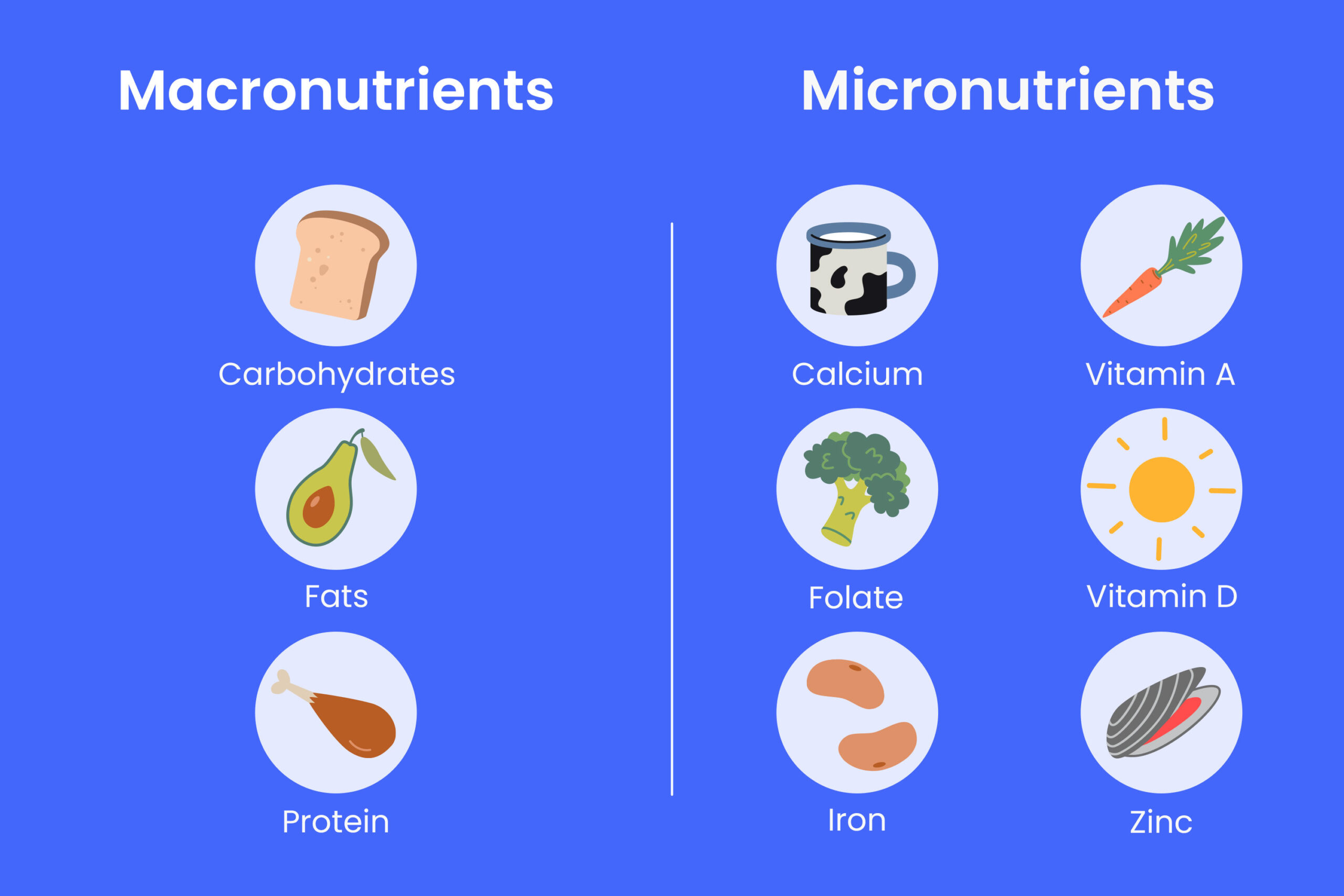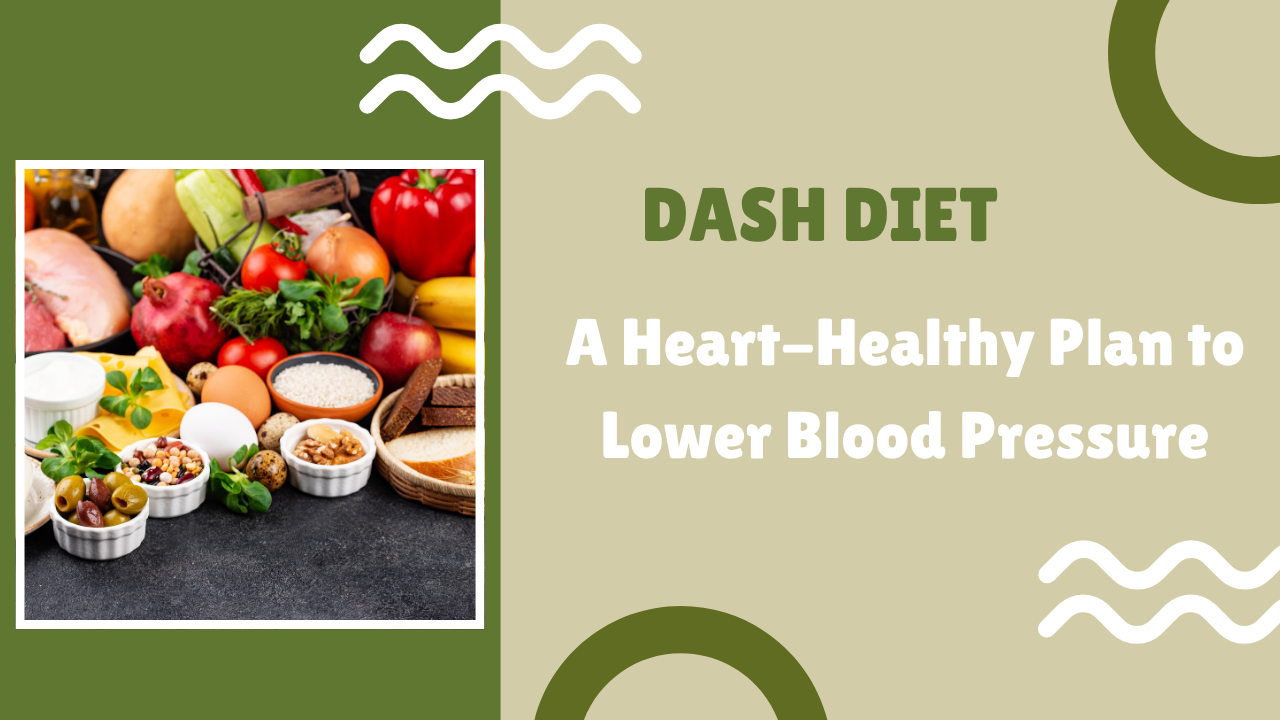Food is essential not only for survival but also for supporting good health, growth, and quality of life. The way food affects our body has become an important area of study known as food science. This field looks at how food is made, what it contains, how safe it is, and how it impacts the human body. Today, with rising health concerns and growing interest in healthy living, the connection between food science and human wellness has become more important than ever.
Food science and human wellness are closely linked. People are now more aware of how diet affects their physical and mental health. Experts are exploring the role of nutrition, food safety, and functional foods—those that offer health benefits beyond basic nutrition. Bioactive compounds found in some foods may help fight illness and improve well-being. This shows how science helps create better food choices for a healthier lifestyle.
Looking ahead, food science and human wellness will continue to shape global health. Advances in food technology and smart food processing aim to create safe, nutritious, and sustainable foods that support lifelong wellness.
What is Food Science ?

Food science is a broad field that brings together knowledge from biology, chemistry, physics, microbiology, and engineering. It focuses on understanding what food is made of and how it behaves under different conditions. This helps scientists learn how food changes over time and what causes it to spoil.
By studying food at this level, experts can improve how food is processed, stored, and preserved. These improvements not only make food safer but also help maintain its quality, taste, and nutrition. This is where food science and human wellness strongly connect.
Food science and human wellness go hand in hand, as better food processing leads to healthier options. With the help of science, we can create safer, more nutritious foods that support a better quality of life for people around the world.
It involves several sub-disciplines, including:
Food Chemistry: Food chemistry is the study of the chemical processes and interactions that occur between different food components. It explores how various ingredients in food interact with each other during different stages, such as cooking, storage, and digestion, and how these changes can affect the nutritional value and safety of food. Understanding these chemical reactions is crucial for improving food quality and safety, a key part of food science and human wellness.
Food Microbiology: Food microbiology involves the analysis of microorganisms found in food, including both harmful pathogens that can lead to foodborne illnesses and beneficial probiotics that support digestive health. By studying these microorganisms, experts can develop strategies to enhance food safety, prevent contamination, and promote health, which ties directly into the broader field of food science and human wellness.
Food Processing and Engineering: Food processing and engineering encompass the techniques used to preserve, package, and distribute food products. These methods are vital for extending shelf life, maintaining food safety, and ensuring that food remains nutritious when it reaches consumers. Advances in food processing play a significant role in promoting food science and human wellness by making nutritious food more accessible and safe.
Sensory Science: Sensory science is the study of how individuals perceive food through their senses, including taste, texture, appearance, and aroma. Understanding these sensory qualities helps food scientists design products that meet consumer preferences and contribute to overall satisfaction and well-being. This field is important for ensuring that food not only provides nutrition but also offers an enjoyable eating experience, which ties into food science and human wellness.
Nutrition: Nutrition focuses on how food influences human health and physiological functions. It examines how the nutrients in food support bodily functions, growth, and overall well-being. A deep understanding of nutrition is central to food science and human wellness, as it helps to create balanced diets that prevent disease, enhance health, and promote longevity.
By understanding these areas, food scientists can design healthier food products, enhance food safety, and develop methods to prolong shelf life without compromising nutritional value.
Human Wellness: A Holistic Perspective

Wellness is a comprehensive state of health that goes beyond just the absence of illness. It includes physical, emotional, mental, social, and spiritual well-being, all contributing to a balanced life. True wellness involves taking an active role in making healthy choices and engaging in activities that promote overall health.
Food science and human wellness are closely linked, as nutrition plays a vital role in supporting all aspects of wellness. By understanding how food impacts the body, people can make informed choices that enhance physical health, improve mood, and support mental and emotional well-being.
Key components of wellness influenced by food include:
Physical Health: Physical health is influenced by proper nutrient intake, which helps maintain body composition and supports immune function. A balanced diet, rich in essential nutrients, contributes to overall vitality, helping the body perform its vital functions efficiently. Understanding the role of nutrition is key in food science and human wellness, as it ensures the body remains strong and resilient against illnesses.
Mental Health: Mental health is supported by the regulation of mood, cognitive function, and mental clarity. Proper nutrition can have a significant impact on brain health, helping to improve focus, reduce stress, and enhance emotional well-being. Food science and human wellness emphasize the connection between diet and mental health, encouraging the consumption of foods that support mental clarity and stability.
Digestive Health: Digestive health involves maintaining a healthy gut microbiota, ensuring proper bowel regularity, and enhancing nutrient absorption. A well-balanced diet supports the digestive system by fostering the growth of beneficial bacteria and improving nutrient absorption, which is essential for overall health. Food science and human wellness highlight how nutrition plays a crucial role in promoting a healthy gut.
Preventive Health: Preventive health focuses on reducing the risk of chronic diseases like diabetes, hypertension, and obesity through proper nutrition. A well-balanced diet helps manage weight, control blood sugar levels, and improve heart health, reducing the likelihood of developing these conditions. Food science and human wellness emphasize the importance of proactive dietary choices in preventing disease and promoting long-term health.
Food science contributes to each of these areas by enhancing the quality, safety, and efficacy of the foods we consume.
Nutrition as the Foundation of Wellness
Macronutrients and Micronutrients

Nutrition is fundamental to human wellness, with macronutrients—carbohydrates, proteins, and fats—providing the energy needed for bodily functions. These nutrients are crucial for maintaining overall health and supporting growth and repair. Micronutrients, including vitamins and minerals, are also essential, as they support metabolic processes, bone health, immune function, and many other bodily functions.
Food science and human wellness are closely connected in understanding how nutrients interact within the body. Food science helps develop strategies to fortify foods with essential nutrients, ensuring people receive optimal nutrition. It also focuses on bioavailability, which refers to the body’s ability to absorb and effectively use these nutrients, ensuring maximum health benefits.
Malnutrition and Its Forms
Malnutrition is not limited to undernourishment; it also includes overnutrition and nutrient imbalance. Key types include:
Undernutrition: Inadequate intake of energy or nutrients, leading to stunting or wasting.
Micronutrient deficiency: Lack of essential vitamins and minerals like iron, vitamin A, and iodine.
Overnutrition: Excessive intake leading to obesity and metabolic syndrome.
Food scientists work to combat malnutrition through fortified foods, biofortified crops, and nutrition education.
Functional Foods and Nutraceuticals
Functional foods are those that offer health benefits beyond basic nutrition, promoting overall wellness. These foods often contain added nutrients or bioactive compounds that support specific bodily functions, such as immune support or heart health. Understanding functional foods is a key aspect of food science and human wellness, as it helps develop food options that enhance health and prevent disease.

Probiotic yogurt (for gut health)
Fortified cereals (with added iron or folic acid)
Oats and barley (containing beta-glucans to lower cholesterol)
Nutraceuticals are food-derived compounds that may offer pharmaceutical-like effects, supporting health and preventing diseases. These include substances like omega-3 fatty acids, probiotics, and antioxidants, which are believed to provide various health benefits. The study of nutraceuticals is an essential part of food science and human wellness, helping to develop functional foods that promote better health and well-being.
Omega-3 fatty acids for heart health
Curcumin (from turmeric) for anti-inflammatory benefits
Flavonoids (in fruits and vegetables) for antioxidant effects
Food science ensures the stability, bioavailability, and safety of these compounds in processed foods and supplements.
The Role of Gut Health in Wellness
The gut microbiome is gaining recognition as a crucial component of human health. It consists of trillions of microorganisms that play an essential role in digestion, immune function, and overall well-being. Research shows that the gut flora not only aids in breaking down food but also influences the body’s ability to absorb nutrients. Additionally, the gut-brain axis links the gut microbiome to mental health, affecting mood, stress levels, and cognitive function. Understanding the gut microbiome is an important aspect of food science and human wellness, as it highlights how diet and lifestyle choices can shape the balance of beneficial bacteria, supporting both physical and mental health.

Prebiotics and Probiotics
Probiotics: Live beneficial bacteria found in fermented foods like yogurt, kefir, and kimchi.
Prebiotics: Non-digestible fibers that feed beneficial bacteria, found in foods like garlic, onions, and bananas.
Food science helps in designing foods that optimize gut health, balancing the microbiome and preventing gastrointestinal disorders.
Food Safety and Public Health
Foodborne illnesses, caused by bacteria, viruses, or chemical contaminants, pose a major global health challenge. These illnesses can lead to severe health issues, ranging from digestive problems to long-term complications. Understanding the causes and prevention of foodborne diseases is a critical focus within food science and human wellness, as it helps improve food safety practices, ensuring that food is both nutritious and free from harmful pathogens, ultimately protecting public health and well-being.
Food science tackels food safety through:
Pathogen detection: Identifying and controlling organisms like Salmonella, E. coli, and Listeria.
Preservation techniques: Refrigeration, canning, drying, and pasteurization.
Hazard Analysis and Critical Control Points (HACCP): A systematic preventive approach to food safety.
Improving food safety enhances public health, reduces healthcare costs, and boosts consumer confidence in the food system.
Food Processing and Nutritional Quality
Food processing plays a crucial role in extending shelf life, ensuring food security, and improving accessibility to safe, nutritious food. However, it also raises concerns regarding the potential loss of essential nutrients and the use of additives that may affect health. Food science and human wellness focus on finding a balance between enhancing food safety and preserving nutritional value, aiming to develop processing methods that maintain the quality and health benefits of food while minimizing any negative effects.

Benefits of Processing
Increases availability of food year-round
Eliminates harmful pathogens
Improving taste and palatability
Allows for nutrient fortification
Concerns with Ultra-Processed Foods
Highly processed foods often contain added sugars, unhealthy fats, and excess sodium, contributing to obesity, heart disease, and type 2 diabetes. Food scientists strive to create healthier processed alternatives by reducing harmful ingredients and incorporating beneficial compounds.
Personalized Nutrition
Personalized nutrition, or precision nutrition, is an innovative approach that customizes dietary recommendations based on an individual’s genetic makeup, microbiome composition, lifestyle, and overall health status. This method goes beyond general dietary guidelines, offering a more tailored way to optimize health. By understanding the unique factors that affect each person, personalized nutrition aims to provide the most effective dietary strategies for achieving better well-being.
Through the integration of advanced technologies like genomics, metabolomics, and artificial intelligence, food scientists are able to create personalized food products and diet plans. This advancement shows great promise in managing chronic conditions such as diabetes and heart disease, improving athletic performance, and even promoting longevity. As a key component of food science and human wellness, personalized nutrition offers an opportunity to enhance health outcomes with precision, ultimately supporting more effective and individualized dietary strategies.
Sustainability and Wellness
The link between food systems, environmental sustainability, and human wellness is becoming increasingly evident.
Sustainable Diets
These diets promote health while minimizing environmental impact. Characteristics include:
Predominantly plant-based
Locally sourced and seasonal
Low in ultra-processed foods and red meat
Food science supports sustainable wellness through innovations like plant-based proteins, lab-grown meat, and biodegradable packaging.
The Future of Food Science in Enhancing Wellness
Innovations on the Horizon
3D-printed foods: Customized nutrient delivery.
Edible sensors: Real-time monitoring of food freshness.
Smart packaging: Extends shelf life and reduces waste.
Artificial intelligence: Predicts consumer preferences and health outcomes.
Global Challenges and Opportunities
Feeding a growing population
Reducing global food waste
Combating nutrition-related diseases
Ensuring equitable food access
Conclusion

Food science is a critical field that goes beyond technical aspects to serve as a foundational pillar for public health and individual well-being. By applying scientific principles to food, food scientists help improve nutrition, prevent diseases, and ensure global food security. Their work is vital in areas such as food safety, developing functional foods, and understanding the impact of food on health. This research supports efforts to combat nutrition-related health problems and enhance overall wellness.
As the world faces challenges like chronic diseases and environmental sustainability, food science and human wellness are increasingly important. Integrating food science into health policy, education, and innovation is crucial to address these issues effectively. By continuing to develop strategies that enhance health through nutrition, food science can play a pivotal role in building a healthier, more sustainable future, influencing both individual lifestyles and global health practices.
FAQs
1. What is the role of food science in improving human health ?
Answer: Food science plays a vital role in improving human health by ensuring food safety, enhancing nutritional content, developing functional foods, and creating sustainable food systems. Through scientific research and innovation, food scientists can fortify foods with essential nutrients, reduce harmful components (like trans fats or excess sodium), and design foods that promote better digestion, immunity, and overall wellness.
2. How does food processing impact nutritional value ?
Answer: Food processing can both positively and negatively affect nutritional value. While some methods (like pasteurization or freezing) help preserve nutrients and ensure safety, others (like over-refining or deep frying) may reduce essential vitamins and minerals. Modern food science aims to optimize processing techniques to retain nutrients while enhancing shelf life, taste, and safety.
3. What are functional foods, and how do they benefit health ?
Answer: Functional foods are foods that offer health benefits beyond basic nutrition. Examples include probiotic yogurt for gut health, oatmeal with cholesterol-lowering beta-glucans, or fortified cereals with added iron. These foods can help prevent or manage chronic conditions such as heart disease, diabetes, and digestive disorders by providing bioactive compounds that support specific physiological functions.
4. How does gut health affect overall wellness ?
Answer: Gut health significantly influences overall wellness, impacting digestion, immune response, and even mental health through the gut-brain axis. A balanced gut microbiome helps in nutrient absorption, reduces inflammation, and supports mood regulation. Probiotic and prebiotic foods can improve the diversity and function of gut bacteria, contributing to better health outcomes.
5. Can food science help address global malnutrition and obesity ?
Answer: Yes, food science is crucial in tackling both undernutrition and overnutrition. Through innovations like nutrient fortification, biofortified crops, and tailored nutrition plans, food scientists work to address micronutrient deficiencies in low-income regions. Simultaneously, by developing low-calorie, nutrient-dense foods and educating the public on healthy eating, food science helps combat obesity and related chronic diseases worldwide.


